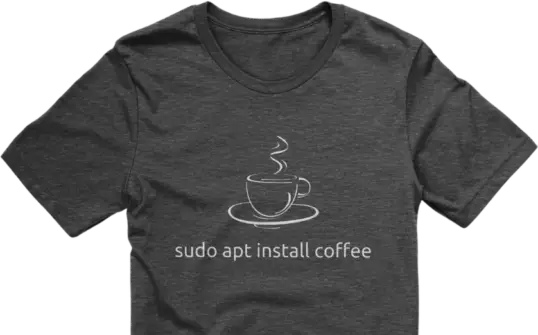Rebooting is a pain, and in some organizations, downright tedious. Shuffling virtual machines between hosts in a cluster is even more tedious, and when it’s time to install patches, that’s what many administrators are forced to do. In this video, I check out QEMUCare, which aims to live-patch QEMU to avoid VM shuffling. In particular, we’ll look at installing ePortal (which deploys the patches) and also an example scenario.
Setting up ePortal
The following commands were used in the video. These commands were pulled from the official documentation. For more specific information, check out the official documentation for ePortal.
Add NGINX repository
cat > /etc/yum.repos.d/nginx.repo <<EOL
[nginx]
name=nginx stable repo
baseurl=http://nginx.org/packages/centos/\$releasever/\$basearch/
gpgcheck=1
enabled=1
gpgkey=https://nginx.org/keys/nginx_signing.key
module_hotfixes=true
EOLAdd ePortal repository
cat > /etc/yum.repos.d/kcare-eportal.repo <<EOL
[kcare-eportal]
name=KernelCare ePortal
baseurl=https://www.repo.cloudlinux.com/kcare-eportal/\$releasever/\$basearch/
enabled=1
gpgkey=https://repo.cloudlinux.com/kernelcare/RPM-GPG-KEY-KernelCare
gpgcheck=1
EOLConfigure SELinux to allow port 8000
dnf install policycoreutils-python-utils
semanage port -m --type http_port_t --proto tcp 8000Allow proxying with NGINX
setsebool -P httpd_can_networkconnectEnable port 80 in the firewall
firewall-cmd --zone=public --permanent --add-port 80/tcpInstall eportal
yum install kcare-eportalAdd a user for eportal
kc.eportal -a admin -pNote: Be sure to clear your shell history after adding the user
Access ePortal
Navigate to ePortal in your browser:
http://<IP_or_DNS_NAME>/admin
Installing KernelCare
Note: These commands are taken from the official documentation for KernelCare. Feel free to check out the documentation for more specific information.
export KCARE_PATCH_SERVER=http://10.1.10.115/
export KCARE_REGISTRATION_URL=http://10.1.10.115/admin/api/kcare
export KCARE_MAILTO=admin@mycompany.com
curl -s https://repo.cloudlinux.com/kernelcare/kernelcare_install.sh | bash
kcarectl --register <activation key>reproducer.c
#include <stdlib.h>
#include <unistd.h>
#include <sys/io.h>
#include <stdio.h>
#include <limits.h>
int main(int argc, char **argv)
{
FILE *fh = fopen("testnum", "w");
int start = argc > 1 ? atoi(argv[1]) : 0;
int stop = argc > 2 ? atoi(argv[2]) : INT_MAX;
int iter;
iopl(3);
for (iter = start; iter < stop; iter++) {
int i;
fprintf(fh, "%d\n", iter);
fprintf(stderr, "%d\n", iter);
fflush(fh);
fdatasync(fileno(fh));
srand(iter);
for (i=0; i< 100000; i++) {
int a, b;
a = rand()%0x100;
b = 0x3c0 + (rand()%0x20);
outb(a,b);
}
}
return 0;
}

